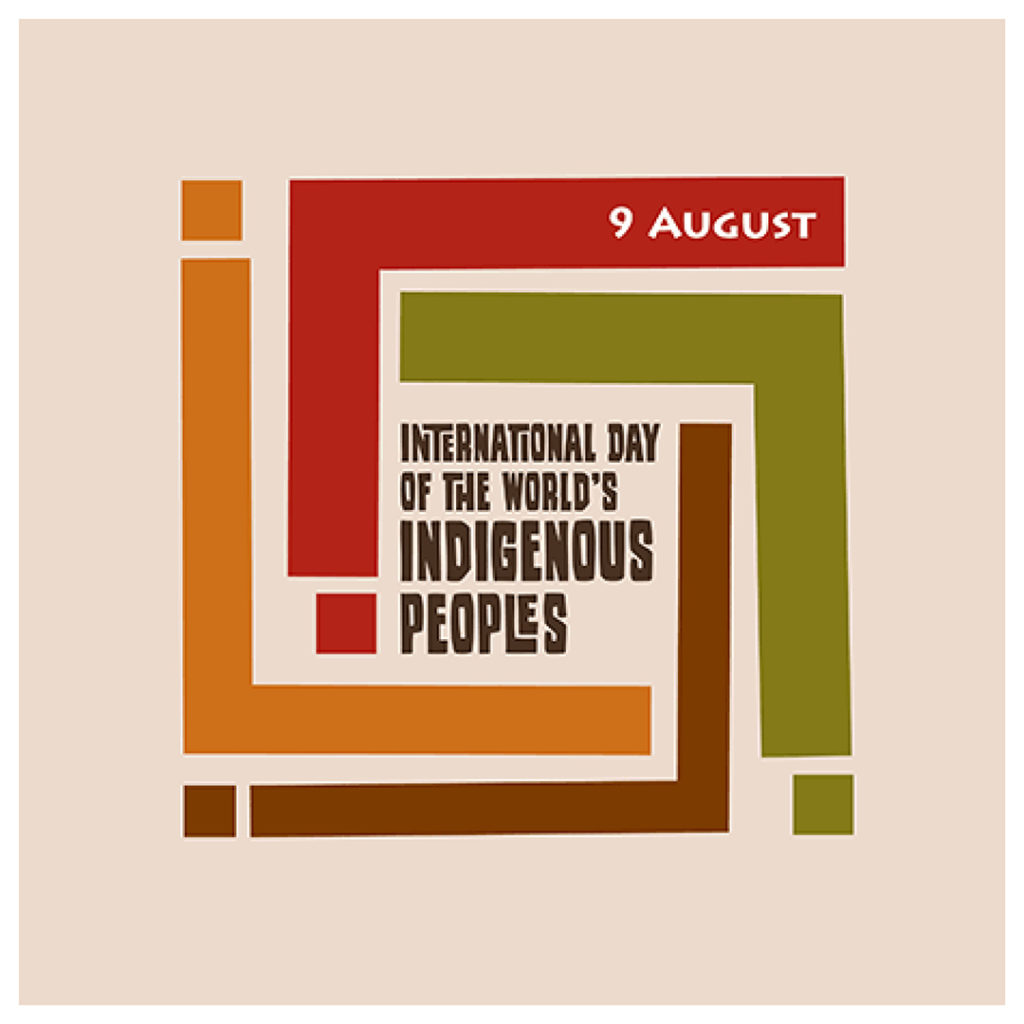Nature & culture; old friends

Words by Tyler Guerin, in honour of International Day of the World’s Indigenous Peoples
Many of us understand the urgency that is required to tackle the environmental crisis we face today. We know that immediate action is crucial if we are to preserve what we have left.
For some, if not many, this premise alone isn’t enough. Corporations around the globe continue to show little care for the part they play in the destroying our ecosystem; continuing to manipulate and abuse natural resources for economic advantage.
But what happens when we add culture to the equation? Do the same people believe it appropriate to dismiss the right to practise and preserve culture?
I have begun to ask these questions as I have come to see these two notions collide. What if we consider the cultural significance of the natural world? I’m wondering if this would be enough to humanize today’s climate crisis.
While it’s more than sufficient for elements of our environment to be a right unto themselves, it seems that with our current pace of the world, we have forgotten that nature does have rights; for thousands of years, cultural roots have deeply entwined into this earth.
For many, trees, birds, rivers, land, sky mean something more than just external elements. When these elements make up our culture, they live inside of us. Connection to the land is at the very core of Aboriginal Australian culture and ancenstral heritage.
When we decide to cut down trees, clear land and exhaust water sources, we are destroying more than just a landscape, we are eradicating the right for culture to be practised. For the oldest living civilisations on our earth, nature and culture always have been, and always will be, intrinsically intertwined.
The right to practise culture is something which underpins all societies on earth. It’s the foundation of all that we do; the ways we eat, connect, communicate, dress, celebrate, mourn. It is with this cultural freedom of expression that we exercise and perform these rights in our daily lives.
Djap Wurrung country is home to many sacred trees, including a 350 year old directions tree and an 800 year old birthing tree – over 50 generations and more than 10,000 births have taken place inside the hollow of her trunk. Suffice to say, these trees have immense cultural significance to the first people of this country, to our shared history as a nation.
Vic Roads planned to demolish 3000 trees, including these birthing trees to build a highway that would reduce travel time by 3 minutes for those taking the road. The incredible effort and perseverance consisting of 14 months of on-the-ground protesting has changed the fate of some of the trees, however the directions tree remains in the firing line, after a ruling in court a few weeks ago. It is with no surprise that when these rights are stolen from us, jeopardised or threatened, the implications are devastating.
Needless to say, the plan to decimate culturally significant Djap Wurrung country is a stark example of the attitude I’m referring to when I speak of contempt for not only nature but culture too. What if environmental destruction was framed for – what in many cases, it really is – cultural genocide? Would humanizing the issue with this label be enough? Why is it so hard for us to take indigenous culture seriously?
While many anthropologists often disassociate nature and culture, I’m beginning to wonder whether the understanding of the two are deeply enmeshed… for if we all knew how to respect culture, all cultures, perhaps we could then truly understand empathy and apply it to many things that through modernity, are now increasingly impersonal to us.
These questions have circled my head for a long time. In many cases, a dismissive response to nature is further reflected in the rejection or lost connection with our own cultural identities. When our own lack of connection to greater spirituality and cultural identity is lost, our respect for that of others’ is lost too.
So, what we must do first is something really simple. We must self-reflect. All of us. We must self-reflect, and question how we lost our intrinsic connection with nature, with others and to ourselves.
Perhaps if we can learn to respect and preserve culture, our reconnection and love for the broader natural world can begin to blossom.




